Our fellows/postdocs
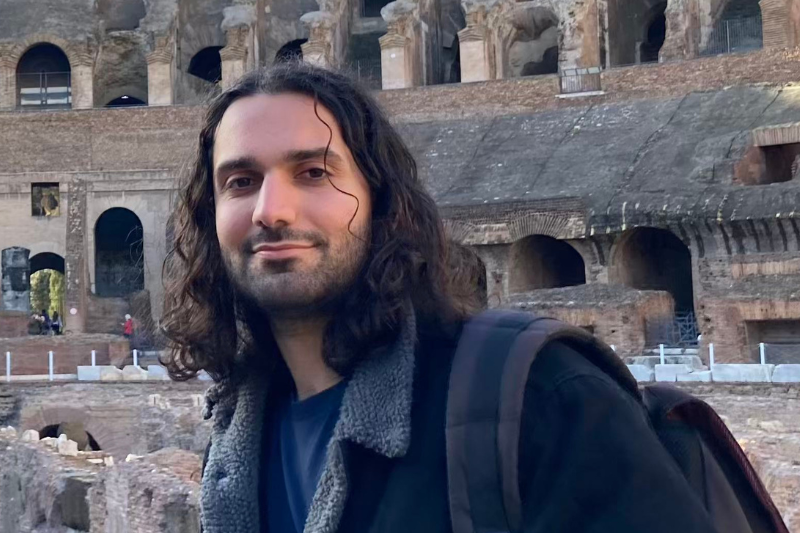
Dr. Abou Jaoude’s research focuses on state-building and political legitimacy, with particular attention to Lebanese and Middle Eastern politics. His Leverhulme Early Career Fellowship looks at the role of elite agency in Lebanon, examining how control of narrative and rhetoric has helped provide unlikely avenues for stability in an otherwise deeply divided society.
View full profile Dr Tarek Abou Jaoude
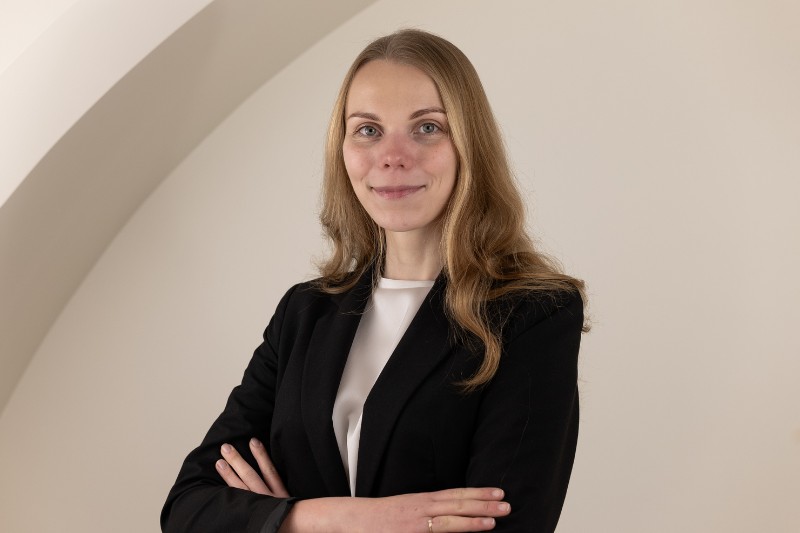
Rasa joined Queen’s University Belfast in 2025 as a Research Fellow, contributing to the implementation of the Resilient Civil Society project. Her research focuses on the intersection of stakeholder engagement in policymaking, crisis management, and the resilience of public governance.
In her work, Rasa applies qualitative research methods, with particular expertise in the Baltic region as well as Central and Eastern Europe. She is passionate about enhancing the quality of policymaking through various collaborative, innovative, and evidence-informed practices – an interest that extends beyond research to practical application. She is a member of the advisory group on the Open Government Partnership, established by the Office of the Government of the Republic of Lithuania, and has several years of experience in policy consultancy, including collaborations with organisations such as the European Commission and the OECD.
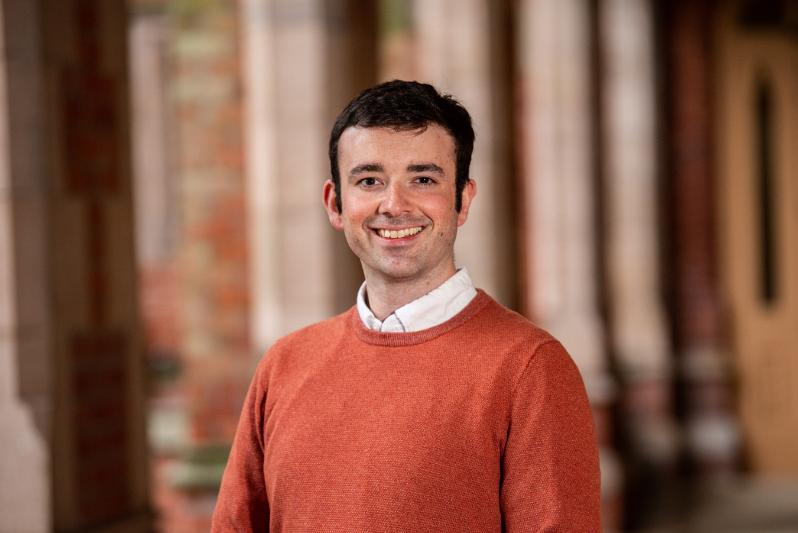
Dr. Maurice J. Casey is a Research Fellow in HAPP. His AHRC Catalyst-funded research project examines the ISK: a small, committed anti-Nazi resistance group that funded much of its work through a series of vegetarian restaurants. Maurice’s work uses a history of intimacy approach to explore how affective human relationships - love, friendship and so on - shape political trajectories.
View full profile Dr Maurice Casey
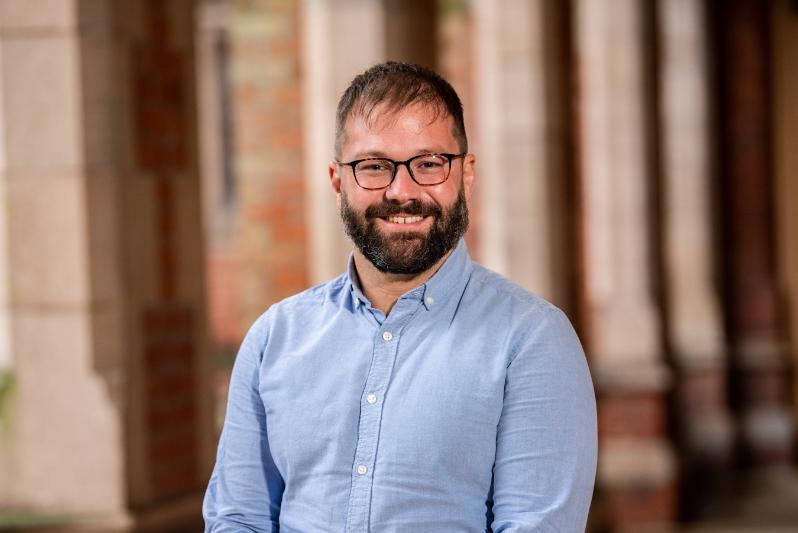
Dr Michele Crepaz is an Illuminate Fellow at Queen’s University Belfast with a focus on comparative politics and public policy. His areas of specialisation are Interest Group Politics and Transparency Research.
While the first focuses on the examination of interest organisations' influence on public policy, the second explores the way in which contemporary governments have opened to public scrutiny through open data and other tools. Michele is also an affiliated scholar at the Good Lobby.

Dr Livi Dee's project is funded by the Wellcome Trust. It is an oral history project of Northern Irish experiences of abortion both at home and in several diaspora locations across the UK.
Read more Read less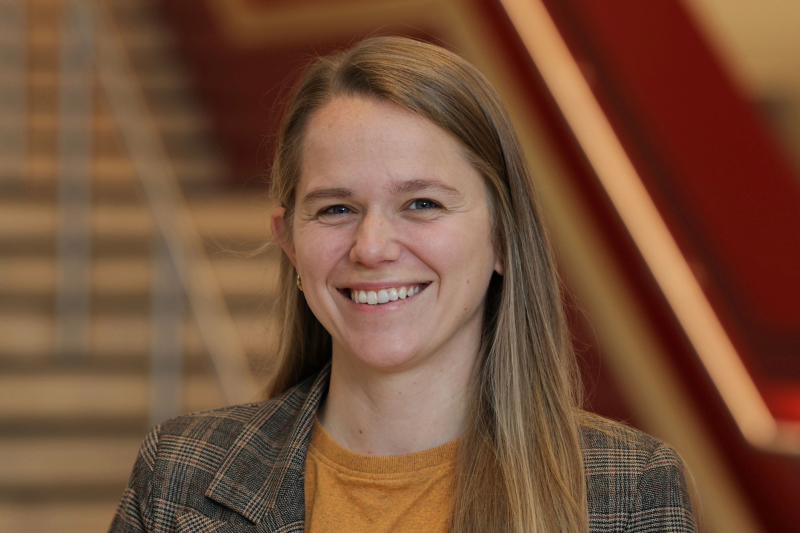
Her current research focuses on contemporary archival practices of collecting and managing photographs of Troubles-era Northern Ireland.
Alongside her work as an academic, she is also the Founder and Director of the Photography Ethics Centre. In this role, she previously held an ESRC-funded Practitioner Appointment at the QUB Centre for Creative Ethnography during which she conducted research about how professional photographers think about and practice ethics.
View full profile Dr Savannah Dodd
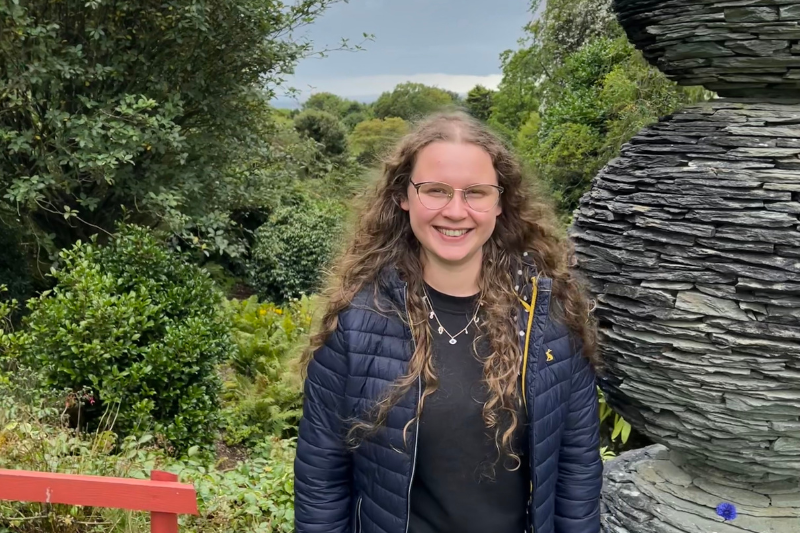
Dr Ruth Duffy is a historian of modern Britain and Ireland whose research uses oral history to reveal hidden and sensitive histories, considering the intersections of memory, identity, and institutional experience. Her Leverhulme Early Career Fellowship examines prison healthcare in Northern Ireland since 1921, investigating medical provision, gendered experiences of incarceration, and institutional responses to crisis.
View full profile Dr Ruth Duffy
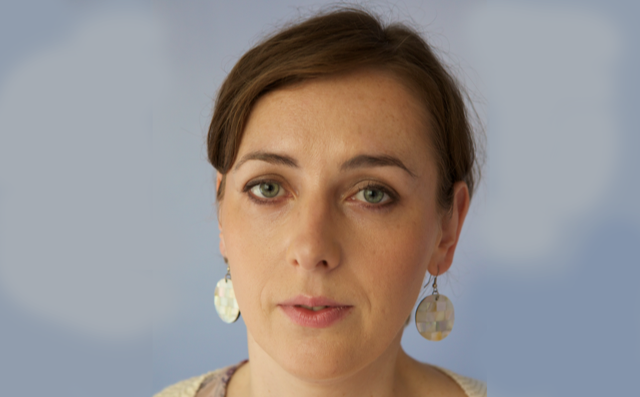
Dr Clara Fischer works in the areas of social and political theory, feminist theory, and gender politics. She is a Vice-Chancellor Illuminate Fellow at the School of History, Anthropology, Philosophy and Politics at Queen’s University Belfast.
She has research interests in feminist-pragmatism, theories of emotion/affect, embodiment and shame, institutionalisation and containment, Irish feminisms, and gender and austerity. She has published widely in her interdisciplinary research area, including in journals such as Hypatia, Signs, and Feminist Review.
Her current research is on gender, emotion, and public policy, with a focus on “women and the politics of crisis.”
View full profile Dr Clara Fischer
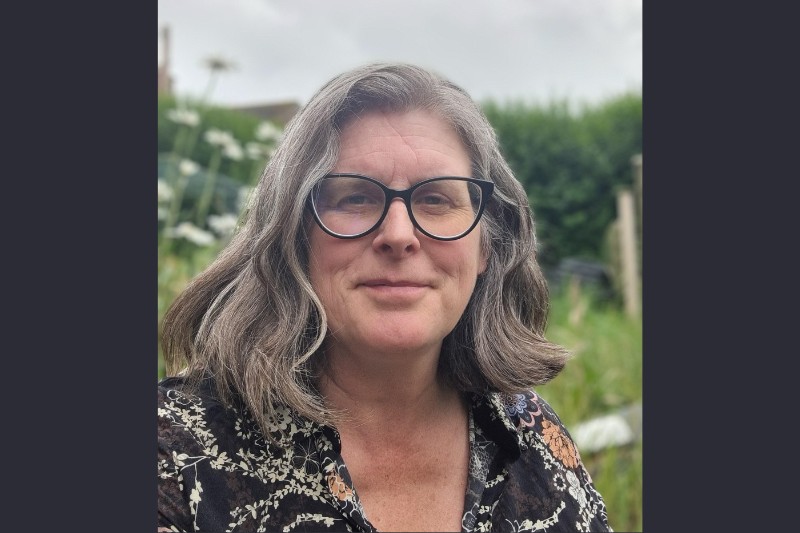
Clodagh is a postdoctoral research fellow with the Enabling Fair Transformations Platform of the Co-Centre for Climate + Biodiversity + Water. Her research as part of the Inclusive Decision Making Spaces project focuses on citizen participation and inclusive decision-making in and with communities to address the challenges and opportunities connected to preventing and living with climate change and biodiversity loss.
Clodagh has a long history of co-creating research, evaluation, media, strategies and other projects with groups and individuals whose experience and knowledge is easily and frequently ignored. Most of this work has been focused on addressing social justice issues and draws on a range of participatory and creative and design approaches.
This has included work as a postdoctoral researcher in the UK, as well as working with public, voluntary and community sectors, philanthropic organisations, NGOs in the Majority World, and international development, peacebuilding and humanitarian organisations. She has worked across a wide range of issues and sectors including climate action and communication, health inequalities, public engagement, EDI and livelihoods.
View full profile Dr Clodagh Miskelly
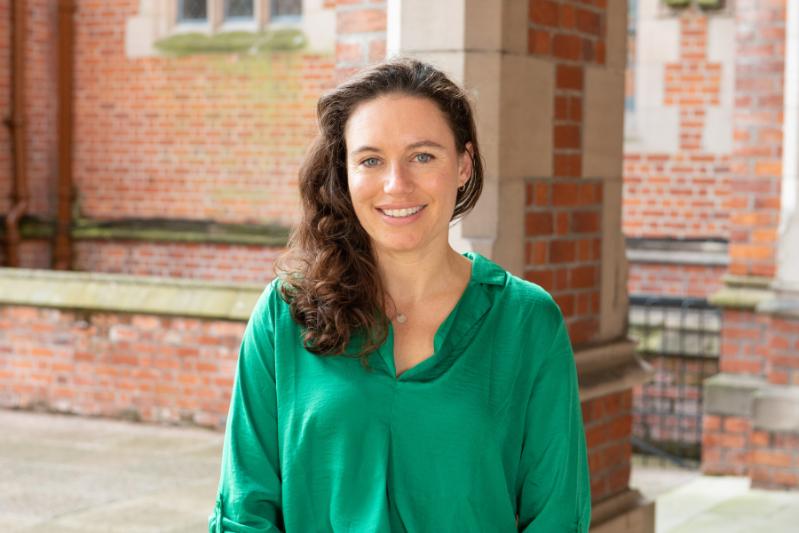
Dr Emma Soye specialises in ethnographic research on migration and social cohesion. Her Leverhulme Early Career Fellowship focuses on public transport as a site of social contact between diverse groups in Northern Ireland.
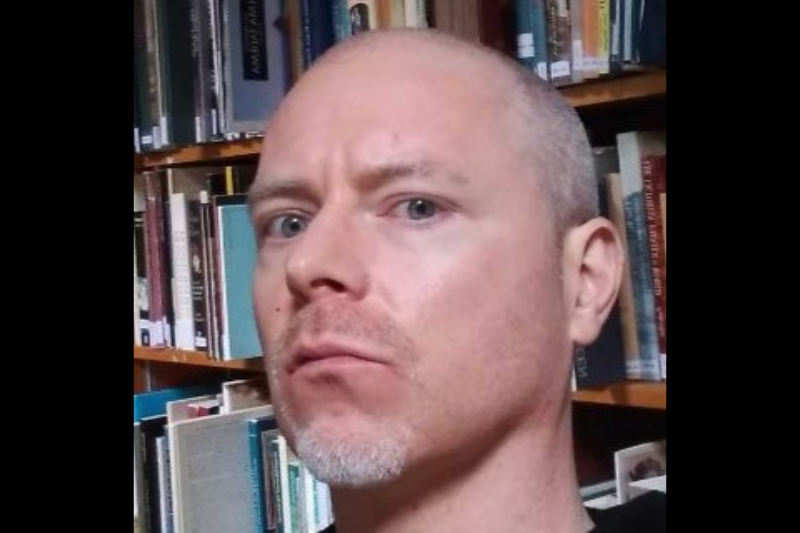
Dr Usher is the R.J. Hunter Digital Fellow working on the Ulster Settlers Database project, funded by the Royal Irish Academy in collaboration with Maynooth University.
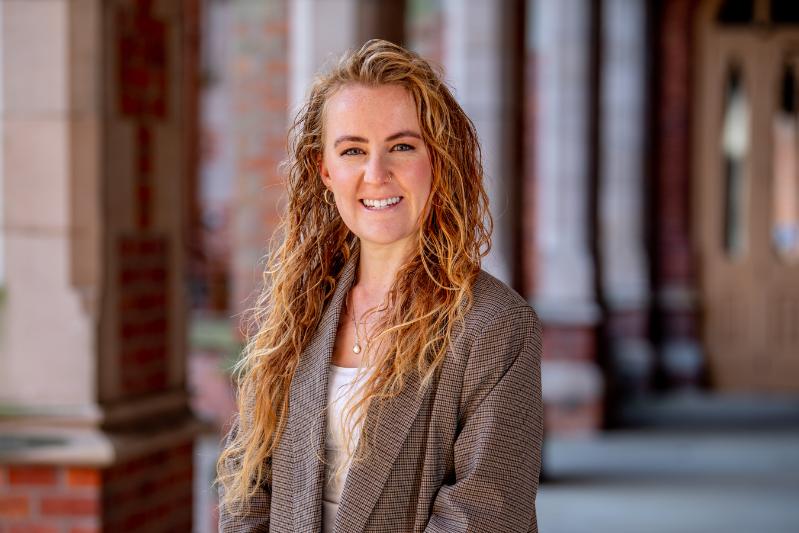
Lisa Claire Whitten is Research Fellow on this ESRC-funded project. The purpose of this research is to identify and explain the consequences of new governance arrangements established in Northern Ireland as a result of the United Kingdom’s withdrawal from the European Union – ‘Brexit’.
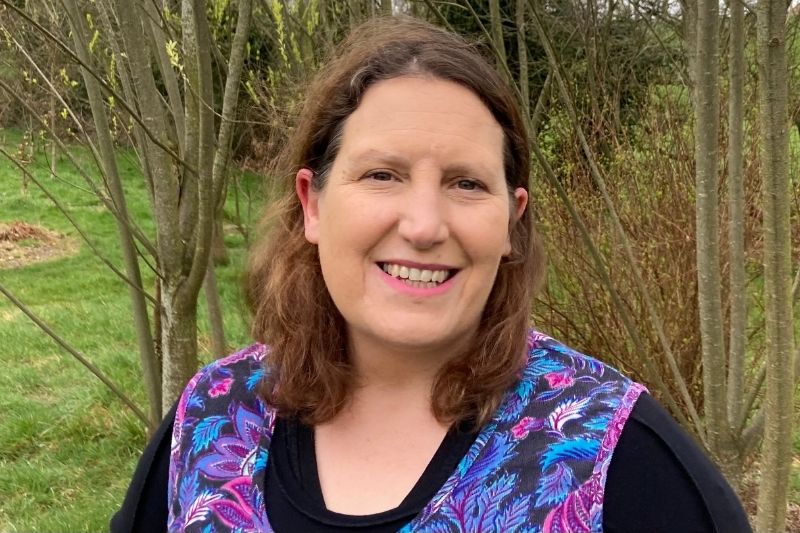
In this ESRC-funded Postdoctoral Fellowship, Dr Briony Widdis will survey collections from the Arctic, Africa, Asia, the Americas and Oceania in museums, examine their significance to Northern Irish identities in the present, and undertake collaborative research bridging museums, academics and communities.
The project is underpinned by partnership with the Centre for the Study of Historic Houses and Estates at the University of Maynooth, Irish Museums Association, National Museums NI and Northern Ireland Museums Council.
View full profile Dr Briony Widdis
